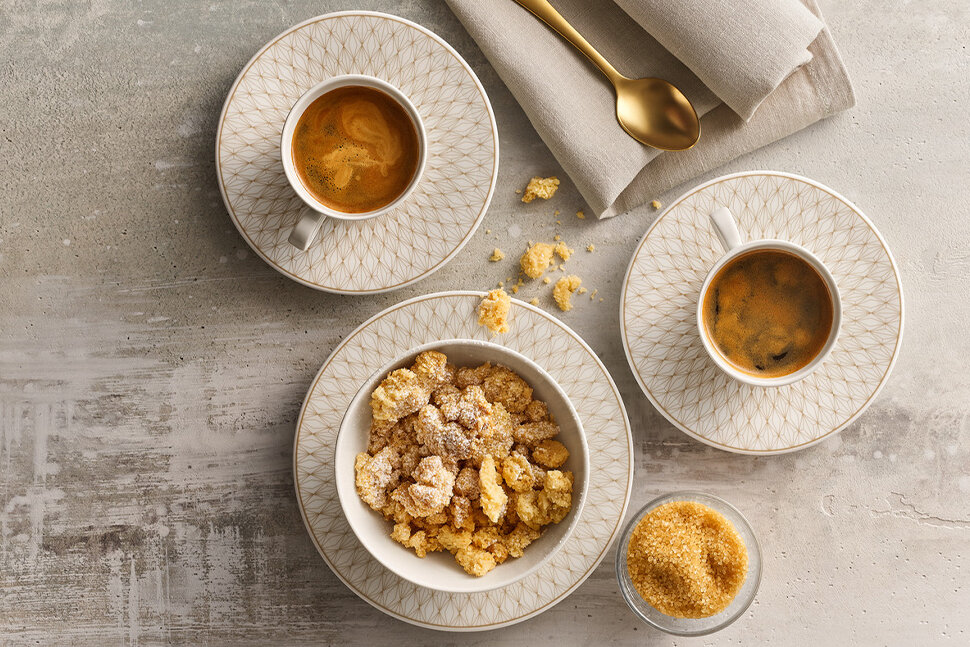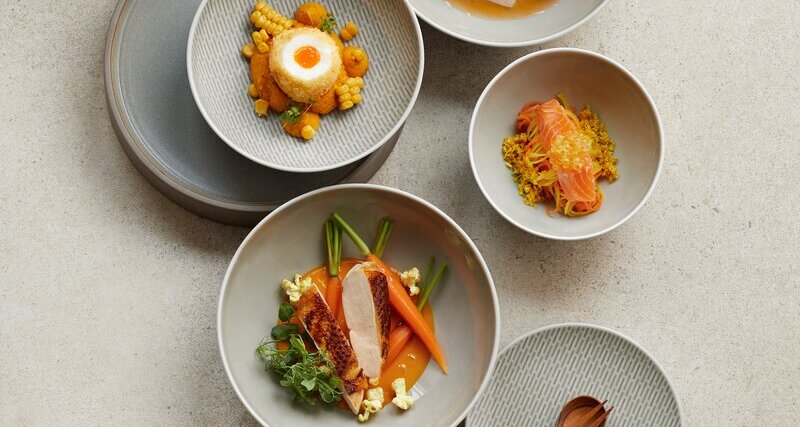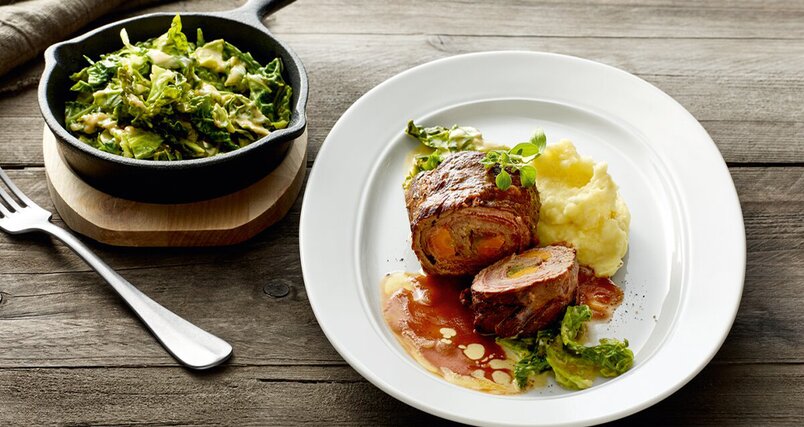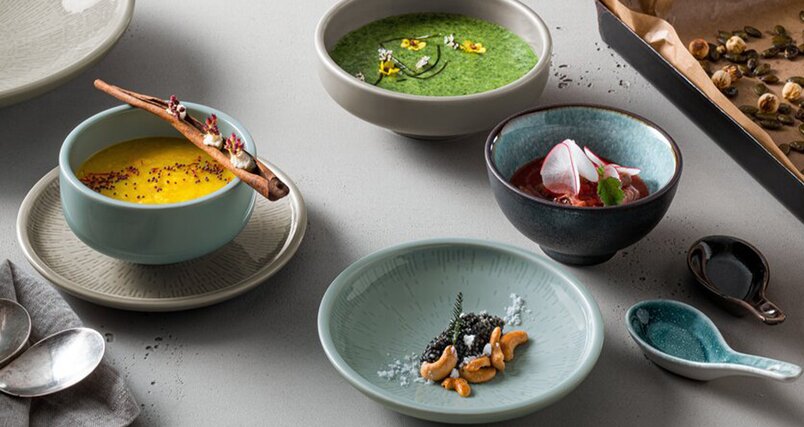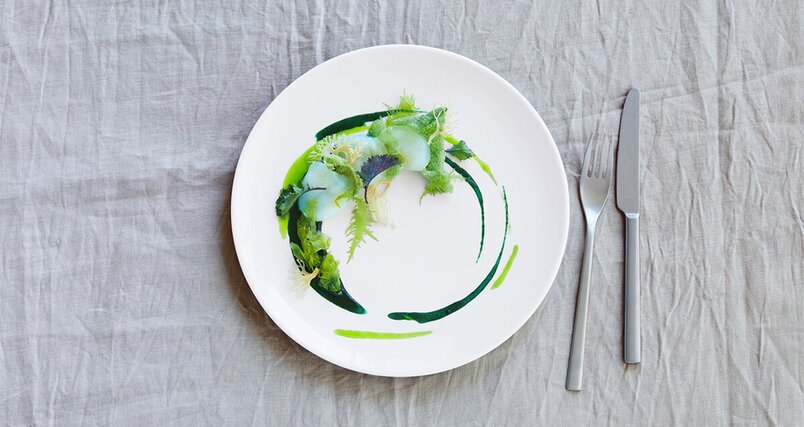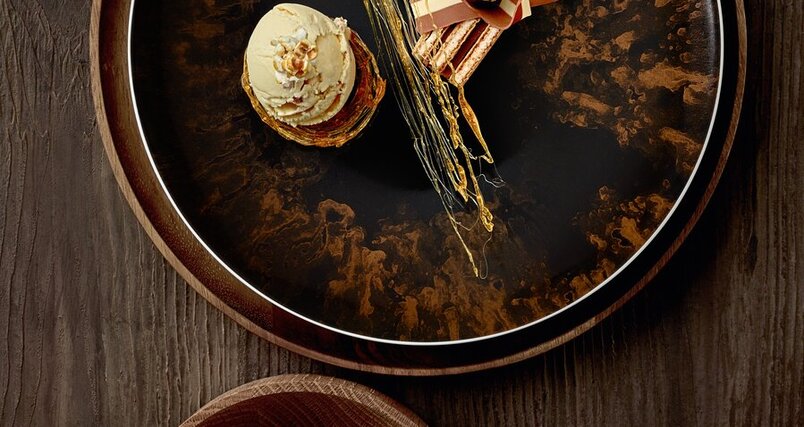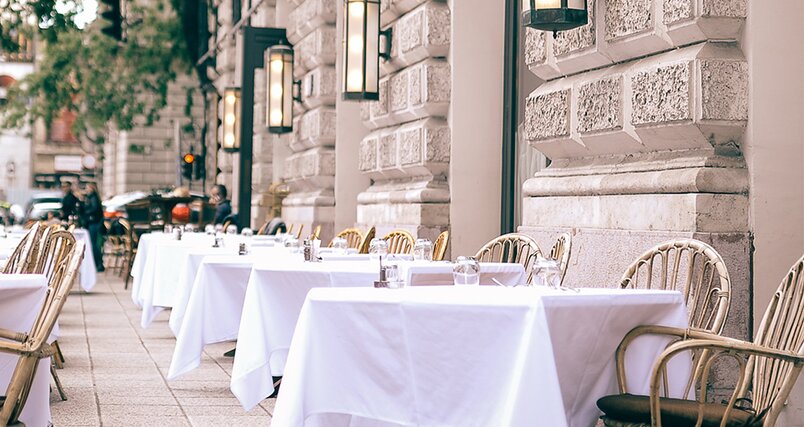Sustainability in coffee – what does it actually mean?
In general, the goal is to make coffee production as environmentally sound and socially fair as possible, with the aim of minimizing the impact on the environment, people, animals and the planet throughout the value chain. This includes, for example, protecting the environment through sustainable farming methods, avoiding packaging waste, shortening supply chains and protecting workers through fair wages and working conditions.
How sustainable can coffee actually be?
The sustainability of coffee is associated with a number of challenges. One of them is its carbon footprint, which not only depends on soil management on the plantation, but also gets worse with increasing distance due to transportation. To be environmentally friendly, coffee would have to grow all over the world and have a short value chain. Unfortunately, this is not possible, because the climatically suitable growing areas for coffee are mainly located around the equator. Coffee beans from Rwanda, Honduras or Papua New Guinea, for example, travel several thousand kilometers to arrive in Germany.
Moreover, coffee cultivation is often associated with the clearing of rainforests, which can lead to the loss of valuable ecosystems. Harvesting is still done by traditional manual labor, as the nature of the coffee plants does not allow the use of agricultural machinery, especially in the higher growing areas. Then there is the high water consumption both in cultivation and in cleaning the green coffee cherries before roasting. The use of pesticides and fertilizers can also pollute the environment. Nevertheless, there are advances in the industry, such as the use of shade crops and the promotion of agroforestry, that can help make coffee farming more sustainable.
Sustainable coffee beans: What seals are there?
There are numerous seals and certifications that prove a sustainable coffee cultivation. One of the best known is the GEPA seal. It certifies fairly traded and organically produced products and advocates for the change of unjust world trade structures. The Fairtrade seal is also a popular seal for sustainable coffee. It enables the physical traceability of coffee beans and ensures that the flow of goods and money along the entire supply chain is subject to constant independent control. Apart from these, there are also other seals and certifications, such as the Rainforest Alliance seal and the UTZ Certified seal, which, among other things, demonstrate environmentally conscious consumption and good working conditions.
Serving sustainable coffee in gastronomy
These days, it is very important for restaurateurs to pay attention to the sustainability of their coffee. This is not only for ethical, but also for image reasons. Consumers increasingly value sustainable consumption and prefer restaurants and companies that are committed to environmental protection and social justice. With sustainable coffee production, restaurateurs can therefore not only contribute to environmental protection and resource conservation, but also enhance their image and stand out from the competition.
To serve sustainable coffee, restaurateurs should, of course, first look for the relevant seals and certifications. Besides buying sustainable coffee beans, there is more you can do. This involves, for example, using reusable instead of disposable cups and saving water when preparing coffee.
